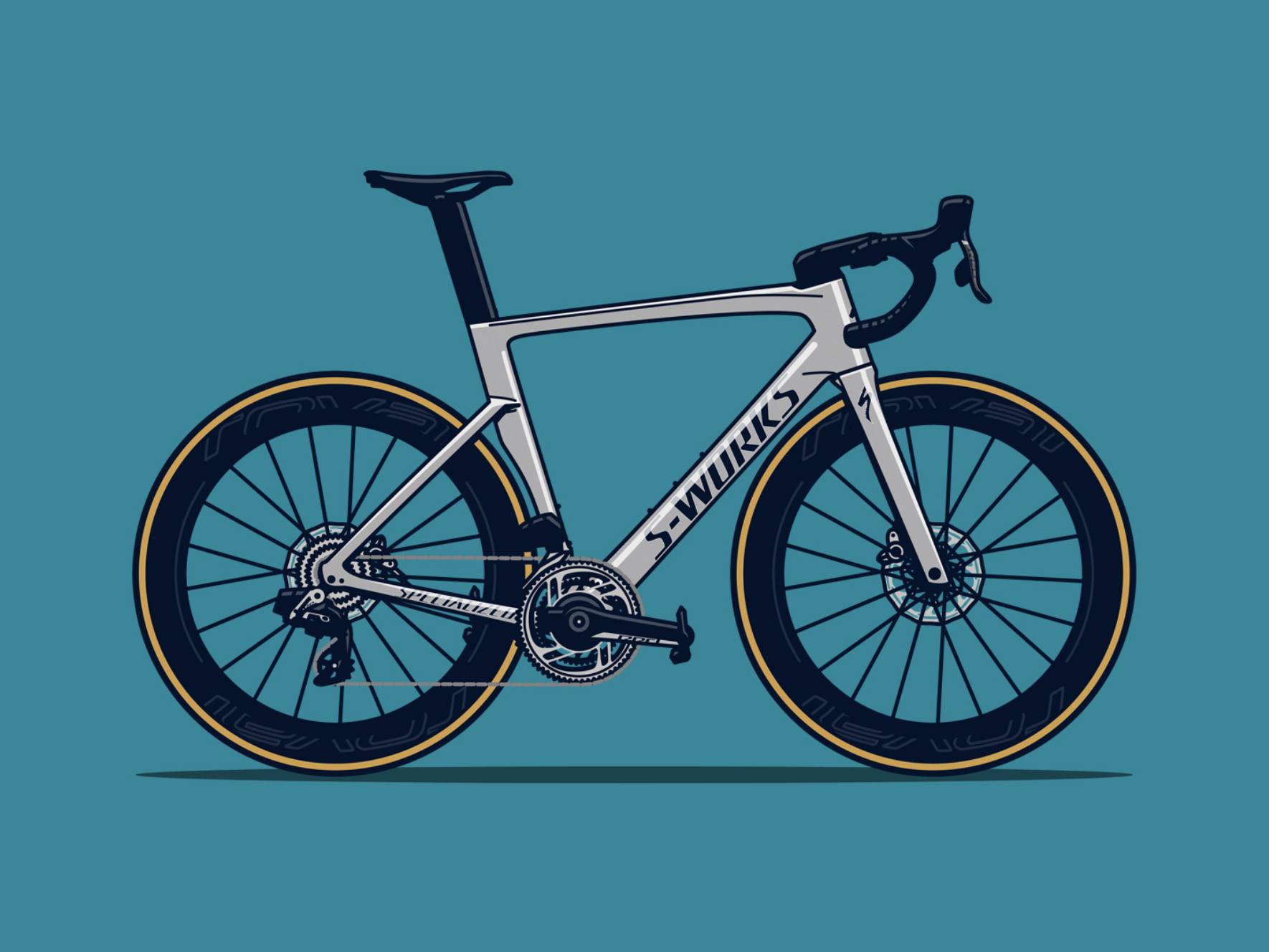In order to stand out from the competition, not only should your bike shop provide high-quality services as well as products, but it should also rely on meticulously planned marketing strategies that will eventually allow your bicycle business to flourish. A well-organized campaign instantly builds your reputation with your customers. On the other hand, a poorly done campaign wrecks it in no time. Therefore, it is crucial to think through your marketing ideas and options. Nowadays, there are many ideas perfect for your bicycle business.
I’ve also learned some lessons along the way. In particular I’ve learned that there are some common pitfalls which small bicycle shops all too often fall into. In order to avoid repeating my mistakes or to at least learn from them, I have decided to write down as complete a list as possible of pitfalls for small bicycle shops.
1. Raising too much money
The first, and probably most obvious pitfall is to raise too much money. When setting up a new business, it’s tempting to spend as much money as possible. This way you can get a head-start on your competitors right? But a business with more money tends to be a slower-moving and less nimble business.
In many ways LAVA has become a victim of its own success; we started out as a pop-up shop and did so well that we were able to raise more money. Rather than reinvesting the cash we raised further into developing the brand we spent it on setting up a proper London bike shop. which further proved that there is a demand for a proper bike shop which caters for cyclists.
A London bike shop would have been tough to run even without extra money. In my first bike shop I was working 80 hours a week (part-time), borrowing money and spending all my spare time thinking about the shop. I would have found a London bike shop utterly intolerable. There is only so much time in the day and only so many hours a week you can dedicate to a business before you have to hire people to help you run it.
Sometimes you have to learn the hard way. We raised a lot of money from friends and family; money which we reinvested in the business. Unfortunately this money couldn’t be repayed so we lost all of it. One or two mistakes don’t make or break your business; don’t let it become a habit.
2. Not being patient enough
Another mistake is not being patient enough. Almost any business requires a lot of up-front investment before making a return. If you try to rush things you might end up spending too much or even lose the business altogether.
I rushed things in my first bike shop. I thought that I could make a good business by focusing on the local community. I put a lot of money into marketing and pushing the brand in order to get a lot of riders through the door. I did a lot of online advertising, which I thought would be easy to achieve while I concentrated on a good customer experience in the shop. I was wrong. Customers rarely have a local focus and won’t make it out to see you if you fail to capture their interest online. After a couple of years I gave up trying and started looking for another job. A year later I set up LAVA in order to regain my interest in the bicycle industry, which resulted in a more carefully planned pop-up strategy and a more profitable business in the long run.
It’s often useful to think in terms of a snowball that you throw down a hill. You need to concentrate the bulk of your efforts at the beginning, then allow it to grow in size without interruption.
3. Having too many ideas
Having too many ideas is another common pitfall for small bicycle shops. In the end, it’s generally a good thing to generate new ideas for your business and you will almost certainly benefit from having a few side projects, but by having too many ideas you risk spreading your resources too thinly. Running a small business that relies on a few products is much easier and generally more profitable than running a business that covers a wide range of products and services. There is an old saying that you should ‘put all your eggs in one basket and then watch the basket’. In other words, stick to doing one or two things well rather than several things poorly.
In terms of marketing strategy, this means that you need to know your target audience and find ways to make them aware of your business. The same is true of your suppliers; stick to a small number of trustworthy suppliers who you can rely on.
4. Jumping into a new business without looking at the market
If a business opportunity seems to good to be true then it probably is. You could put a lot of effort into developing a market for a small niche product and then find out that there is no demand for it. This happened to me once when I was working in retail; I was asked to take charge of a small hardware store and then found that there was no market for the product which I had spent time and resources developing.
Don’t be afraid of researching and talking to people about an idea for a new business. In fact, if you don’t have the time or the resources to do research up front then you should perhaps reconsider doing the business. As an example of the benefits of talking to the market you might try talking to like-minded business owners. You can even go so far as to test your ideas for new businesses by asking people whether they would use your product. Of course, whatever you do don’t spend your time talking to the wrong people!
5. Treating your customers poorly
In a business creativity is a high priority but customer service is a necessity. Treating your customers poorly is a common pitfall which bicycle shops fall into. I have learned a lot about this topic and I know that it is something you have to get right.
A small bike shop might have five customers a week or even just five customers per year and it’s amazing how easy it is for these customers to complain about service. Whereas a larger business might be happy with a 10% complaint rate, if you have five customers a week then you could get complaints on a weekly basis. That might lead to the loss of a single customer but that loss could ultimately be disastrous for a small bicycle shop.
For example, if one of your customers tells all his friends about how bad your service was and how unhelpful you were then he could harm your business by defining the industry for his friends. When one friend asks what he should do about his bike he might respond with ‘Better go to a cycle shop, I can’t recommend the one I went to’.
For this reason you have to be very careful with your customers and at the very least adopt a policy of doing everything in your power to keep them happy and satisfied. You must treat them with respect; never insult them or ignore them.
6. Not offering discounts to get repeat customers
Some customers are always on the lookout for the best deal. This can lead to a cycle of cheap prices, discounting and then repeat purchases. Other customers are always on the lookout for a product which they can trust and are prepared to pay a little more for it. The latter strategy is often a much better one than the former.
Bicycle shops need to make a profit; that’s a given. However, there’s always room for repeat business which translates into customer loyalty. There’s no need to cut your prices in order to get new customers; instead you can have a special introductory offer for new customers and then set your prices at a level which will achieve your desired profit. In the long run this will keep your customers happy and your business profitable.
7. Not offering free, timely support
A good customer service strategy should consider all your customers but it pays to give special support to your most loyal customers. A company like Apple is famous for its excellent customer service and for offering support on a worldwide basis. Try to be as helpful to your customers as possible; use your social media channels to apologise for any delays and to communicate to your customers. Keep your website and your social media channels up-to-date with new developments.
Always respond to customer emails and calls promptly. Don’t ignore emails and a lack of responsiveness can leave a customer feeling very bitter about your service. For example, I’ve heard it said that if you need to cancel a flight then you should always call the airline even if you have booked through a travel agent or a flight comparison website. A call to the airline will usually get your flight cancelled quicker and with less hassle than going through an intermediary.
If you’re going to succeed in business then your product has to be good enough but it is service that turns a good product into a good business.
If you’re going to succeed in business then your product has to be good enough but it is service that turns a good product into a good business. In addition to investing your time and money in your product, it can pay to invest some time in your customers.
8. Not keeping track of your expenses
As a small business owner you might not have a fully-fledged accounting department but that’s no excuse for not keeping track of your expenses. Keep a separate bank account for your business and make a practice of keeping track of your finances.
Make a list of your business expenses and ensure that you stay within the bounds of the business purpose. For example, you should be able to claim expenses incurred in travel to and from your store, but you should never be able to claim a personal expense simply because you were thinking about your business.
9. Not offering customers an incentive to pay by credit card
Bicycle shops are generally cash businesses. Physical labor can be carried out for low costs which translates into low prices. This can be a very good thing for the customer in terms of affordability but it’s not as easy to trace a cash transaction to a particular customer. People buying in cash represent a significant problem for bicycle shops.
As an example, I worked for a shop owner who constantly talked about how his customers were always undercutting his prices. He’d say how he hated that his best customers were also his best competitor. Of course, he was right; he was selling his product below costs in order to undercut his competitors.
Well as an educated customer, you should ask yourself what you’re doing when you buy cash and why you’re doing it. You should ask yourself what your motivation is for buying something in cash. Therefore, if you’re selling a product and you’re getting paid in cash then you’re probably not making any profit. You don’t have to accept this. You should offer customers who pay by credit card an extra rebate in order to encourage them to come back and pay with credit card.
10. Not being open to change
So many of the most successful businesses started out as one thing and then changed into another. A bicycle shop which is open to change can find new ways to attract customers and to make their business work better for them. Often improvements and innovations are being tried out in other industries and can be even better when they are applied to the bike industry.
If you’re thinking about starting a new business or you’re looking to improve your business then you should always try to keep an open mind. Think carefully about what you’re doing and how you can do it better. Openly accept that you could be wrong in some things you do and
















